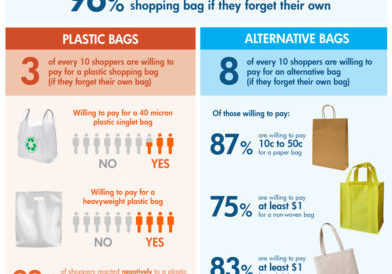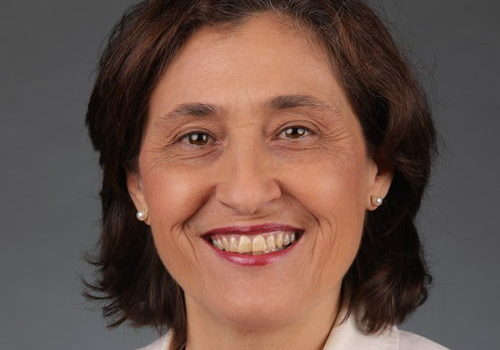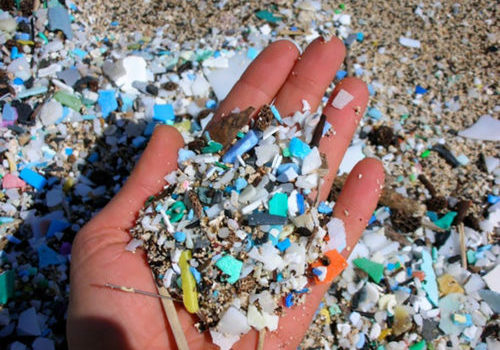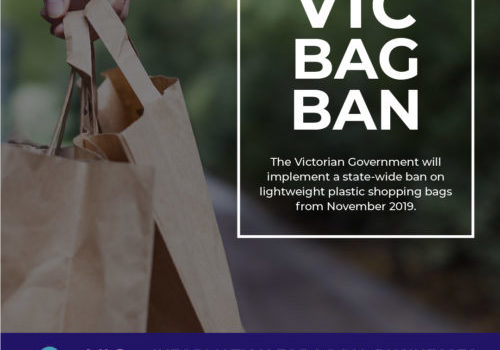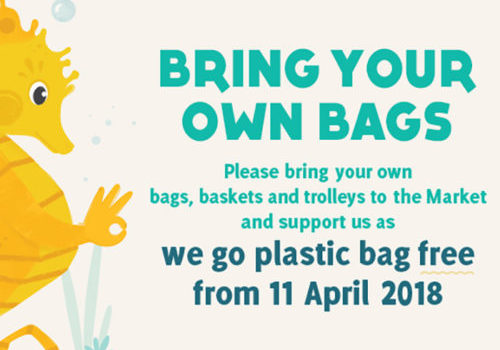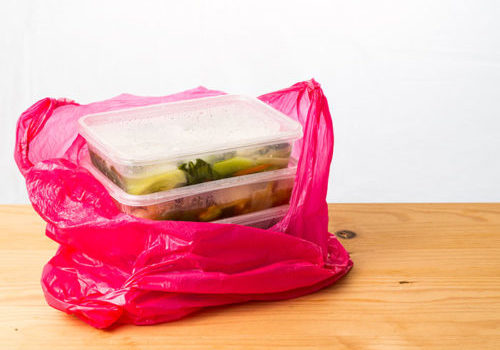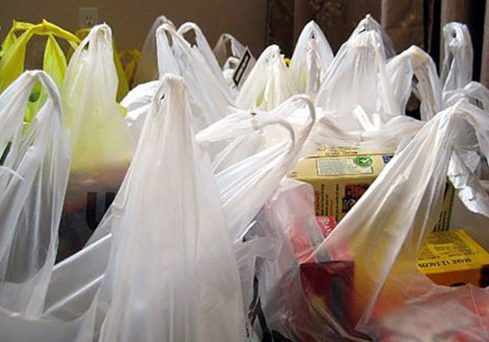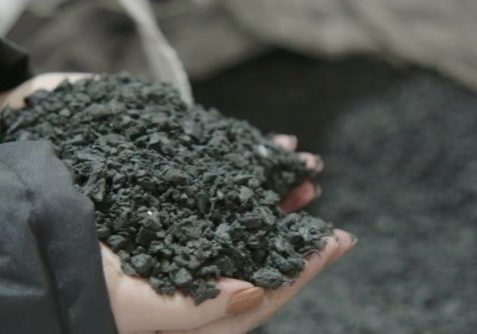NEWS & UPDATES
Key differences in the VIC legislation that you need to be aware of

Last week, legislation was introduced to parliament which will ban lightweight, single-use plastic shopping bags across Victoria from 1 November this year.
The official tabled Environment Protection Amendment Bill 2019 is available to view (see here).
Generally, the legislation is consistent with bag bans in other states, particularly that introduced in QLD and WA, but there are a few differences businesses need to be across.
Key elements
Definition of a banned bag
- a banned bag is a handled plastic bag less than 36 microns and includes biodegradable, degradable and compostable plastic bags
- barrier bags (produce bags) are not banned but can only be used for unpackaged perishable produce (eg. meat, seafood, fruit) , cannot have handles and cannot be used as a substitute carry bag
- sealed essential packaging is not banned
- other bags sold and used for specific purposes (eg. nappy bags, dog waste bags, garbage bags) are not banned, but cannot be used as substitutes for carry bags
- applies to all businesses or persons that sell goods, including online sales and markets.
A note on biodegradable, degradable and compostable plastic bags:
Any plastic bags less than 36 microns thick are banned including those made in whole or part of plastic – this includes all biodegradable and compostable bags which are made combining organic materials (eg. corn starch, cellulose, sugar cane) and chemical additives. This includes “oxo-degradable” and those certified as biodegradable or compostable under Australian standards. Read more on why all these bags are banned >>
Offences under the Bill
- 45ZM Retailer must not provide banned plastic bags
“A retailer must not sell or provide a banned plastic bag to a person to carry or transport goods sold or provided by the retailer from the retail premises.
- 45ZN Provision of false or misleading information relating to banned plastic bags
“A retailer or wholesaler, or a manufacturer of plastic bags, must not, whether by act or omission, provide to any other person information that the retailer, wholesaler or
manufacturer knows, or should reasonably know, is false or misleading about—- (a) the composition of a banned plastic bag; or
- (b) whether or not a bag is a banned plastic bag; or
- (c) whether or not a bag is an exempt plastic bag.”
Penalties
Substantial penalties apply should a retailer or supplier be found to be supplying a banned bag. The penalty for both of the above offences is:
- In the case of a natural person, 60 penalty units
(Important: this currently equates to approx. $9,900 per offence)
- In the case of a body corporate, 300 penalty units
(Important: this currently equates to approx. $49,500 per offence)
Important differences to other states
However there are a few small but important differences to previous bans in other states that Victorian retailers and suppliers need to be aware of:
- Any part of the bag
The legislation notes that a banned bag “has a thickness of 35 micrometres or less at any part of the bag”.- What this means:
- Plastic bags tend to be inconsistent thicknesses, and from our field testing the NRA has found that many bags that claim to be “36 microns” measure less than that somewhere on the bag (eg. back vs front, in the gusset, in the handles).
- If any part of your bag tests thinner than 36 microns it is a banned bag and you could face penalties.
- Advice for suppliers: We recommend contacting your manufacturer and specifying a much higher thickness (eg over 50 microns) or changing away from plastic singlet bags which are the most inconsistent. Do not rely on “average” thickness or industry-accepted tolerances as these allowances are not included in the law.
- Advice for retailers: The safest option is to move away from plastic bags. If you choose to use plastic then ask your supplier to provide evidence that no part of the bag (in any batch) will be under 36 microns and that no misleading claims are to be printed on the bag (see below).
- What this means:
- False or misleading claims
The legislation dictates that suppliers “must not, whether by act or omission, provide to any other person information that the retailer, wholesaler or manufacturer knows, or should reasonably know, is false or misleading…”- What this means:
- As a bag supplier or manufacturer, it is not enough to assume clients know they are purchasing banned bags – absence of information that you should reasonably know is considered an offence. It is also an offence to provide false or misleading information that you should reasonably know.
- It will at the government’s discretion to interpret and impose the law but the NRA recommends that suppliers who continue to provide bags under or close to the thickness threshold take additional steps to inform your clients and to keep verifiable records that clients that purchased banned bags from 1 November were informed thoroughly of this. Brief descriptions on websites may not be considered sufficient.
- “False or misleading” claims may also include labelling on the bag that suggests the bag is ‘compliant’, ‘environmentally-friendly’, ‘green’, ‘eco’, ‘bag ban approved’ or the like.
- The same considerations apply for retailers – are you providing bags to your customers that you should reasonably know are non-compliant? Is the labelling misleading?
- Australian Consumer Law also applies and businesses can be investigated for False or Misleading advertising claims which includes labelling and packaging.
- Advice for suppliers & retailers: Ultimately, the safest option is to move away from plastic bags towards more sustainable options.
- What this means:
Unsure?
The National Retail Association has helped over 30,000 retailers managing bag ban laws. Contact the hotline 1800 817 723 or email vicbagban@nra.net.au for advice.
